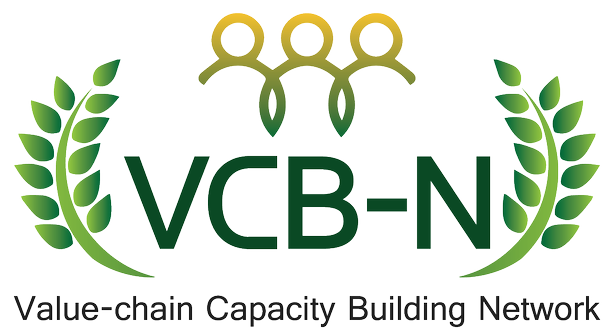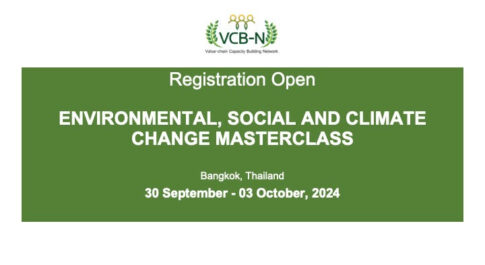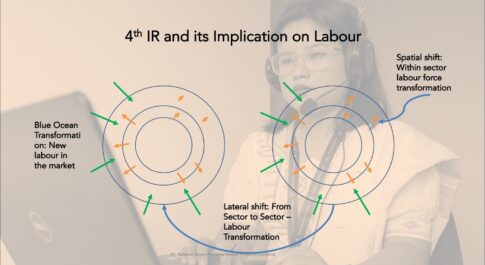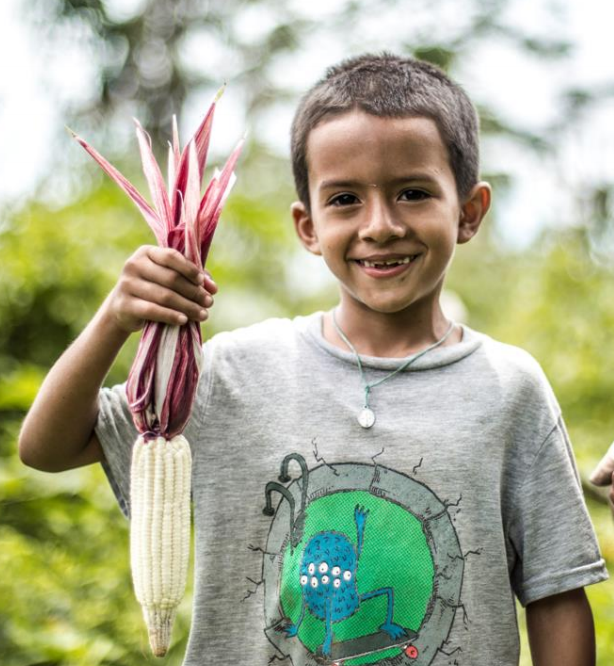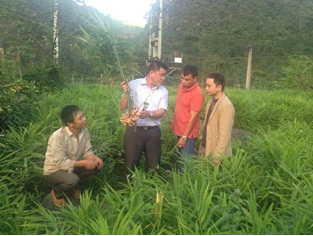
Good practice
Organic ginger value chain: Improving farmers’ income in Ha Quang district
The following good practice is conducted by Nguyen Thi Sen. The case study was selected and presented in Mekong Knowledge and Learning Fair (IFAD) by representative from Vietnam.
(For presentation in the event, please click here)
Background
Cao Bang CSSP Project is a second phase project using preferential loans from IFAD. It is implemented in 35 communes of 4 project districts in Ha Quang, Nguyen Binh, Thong Nong and Thach An.
The project is from 2017 to 2023 with a total budget of 36,27 million USD. The goal of the project is to contribute to sustainable poverty reduction in Cao Bang province. The objective is to sustainably improve income and reduce climate vulnerability of poor and near-poor farm households in targeted project communes. The target beneficiaries are approximately 000 people in the project area, including nearly 80% poor and near-poor households. The project consists of 4 main Components including i) Provincial Participatory Planning Institutionalised; ii) A greener agriculture future; iii) Profitable farms and rural households linked to finance and markets; and iv) Project management.

Innovations / Good Practices
Ha Quang is one of the project districts, which is a dry area lacking water all year round. The local farmers living in this area, before participating in the organic ginger model, could only grow maize used for animal forage one season per year. They almost earned no income from the dry rocked soil. The CSSP project and Duc Chung company have cooperated to pilot and replicate the organic ginger model in this area. Due to the characteristic of ginger for not requiring much water, it is really appropriate with the climate of this area. Local farmers decided to transform from maize to ginger with the production consumption from Duc Chung company. The price of organic ginger is higher than non-organic ginger, therefore the project and company have oriented local farmers to apply the European organic ginger procedures to earn better income. In addition, organic ginger growing has contributed to protect the living environment and adapt to climate change.
Impact
The model was piloted in 2016 and has supported to replicate in 3 communes of Van An, Cai Vien, and Noi Thon of Ha Quang district since early 2017 through the public – private partner (PPP) relationship between Cao Bang CSSP project and Duc Chung company. The project has connected Duc Chung company with common interest groups (CIGs) in the project area. The project supported to organize a ceremony to sign a contract between Duc Chung company and Common Interest Groups (CIGs) in project communes of Ha Quang district on 8th November 2017.
In 2017, Duc Chung company purchased 250 tons of organic ginger, generating 1.625.000.000 (approximately 71.000 USD) for local farmers participating in the model. Until now, the total production area of organic ginger in the three project communes has reached 55 hectares, with average productivity of 20-25 tons/ha. Since early 2018, local farmers have grown 165 tons of ginger seedlings from the last harvesting season. It is estimated to harvest over 1,200 tons of organic ginger in 2018. The current price of organic ginger is 6.500 VND/kg (0.3USD/kg), 1.500 đ/kg (about 6 cents/kg) higher than non-organic ginger, therefore contributing to generate better income for local farmers. The growing procedures of organic ginger in Ha Quang district has been strictly followed the International Federation of Organic Agriculture Movements (IFOAM procedures). The organic ginger in the 3 project communes of Ha Quang district has been certificated by the third independent partner of the Netherland.
The target beneficiaries of the organic ginger model are local farmers joining 11 Common Interest Groups (CIGs) in the three project communes of Vân An, Cải Viên, and Nội Thôn in Hà Quảng district. The total involving households are 268, including 208 poor households (according to 78%) and 48 poor households (according to 18%). The model has created great change in transforming appropriate seeds to fit with the weather and climate in Ha Quang area, contributing to increase sustainable income and eliminate poverty for local farmers involving in the model.
Facilitating Factors / Challenges
During the implementation, the project and company had faced some difficulties at the beginning. It is because local people did not really believe that organic ginger could help them generate better income with high productivity, therefore they hesitated to participate in the model. However, the project cooperated with the company. Along with the local government, the project and the company provided local people education and information, and commitment from Duc Chung company to purchase local farmers’ products which encouraged the farmers to participate. Currently, organic ginger is one of the products that generates major income for local farmers in the three project communes of Vân An, Cải Viên, and Nội Thôn in Ha Quang district. For the farmers to be convinced, Duc Chung company actively conducted technical training and advanced seedlings for local people. In addition, the company donated 50 million dongs (around 2,300 US dollars) for local people in Lung Rau village of Van An district to build a community house. These activities of the company, in return, have helped local people believe in the company and actively participate in the model.
Lessons Learned
The organic ginger model has applied the Public – Private – Partner (PPP) approach. The successful factors include i) the suitability of the crops with climate and land of the production area; ii) the commitment of purchase of farmers’ products by enterprises/companies; and iii) the commitment and support of local farmers participating in the model.
The organic ginger model in Ha Quang district would not succeed if the organic ginger products would not help the local people increase income and improve their livelihoods. Furthermore, the commitment of buying the products of local farmers is one of the important factors to sustain the development of the model. The enterprise will continue to accompany with local people after the project ends. Therefore, an agriculture production model is required to pay special attention to the role of enterprises.
Recommendations
Through the organic ginger value chain model, CSSP project recommends that in agricultural production models, the role of small and medium enterprises (SMEs), specially in the project area, should be highly appreciated. The agricultural models are only effective and sustainable if the outcome products are sold by linking with enterprises. In addition, the agricultural products supported by the project should really be the needs of enterprises. The participation and technical support of the enterprises from the start of agricultural models are necessary to meet the product qualification demands of the enterprises.
You may want to read
